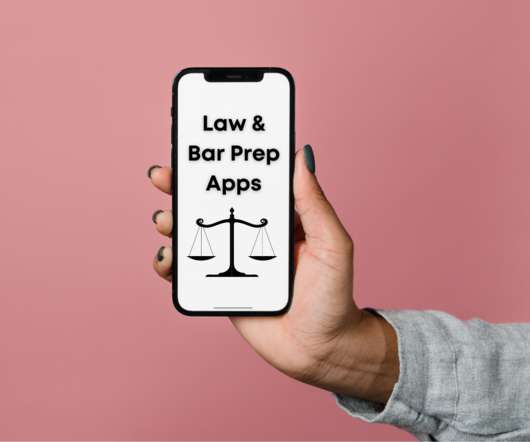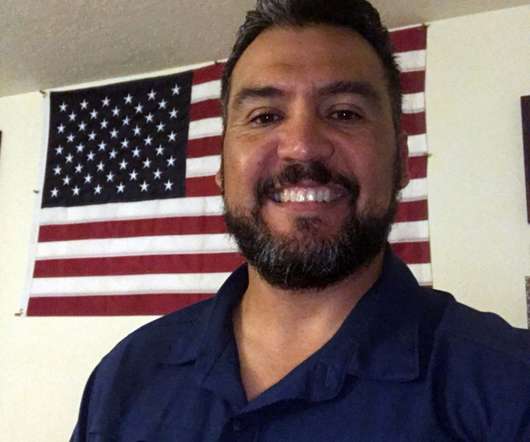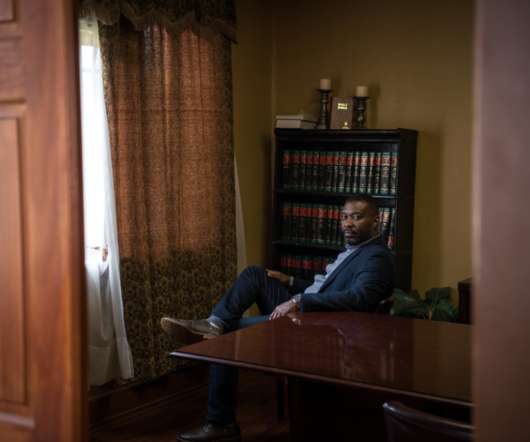U.S. K-12 Educational Technology Policy: Historical Notes on the Federal Role
Doug Levin
APRIL 21, 2016
Note that the last category is the most subjective and one might reasonably argue some reports (including those conducted under contract with the U.S. Please feel free to comment if you believe I’ve missed a key document or piece of crucial information, or if you have a question regarding the context of a specific statement or document.
























Let's personalize your content